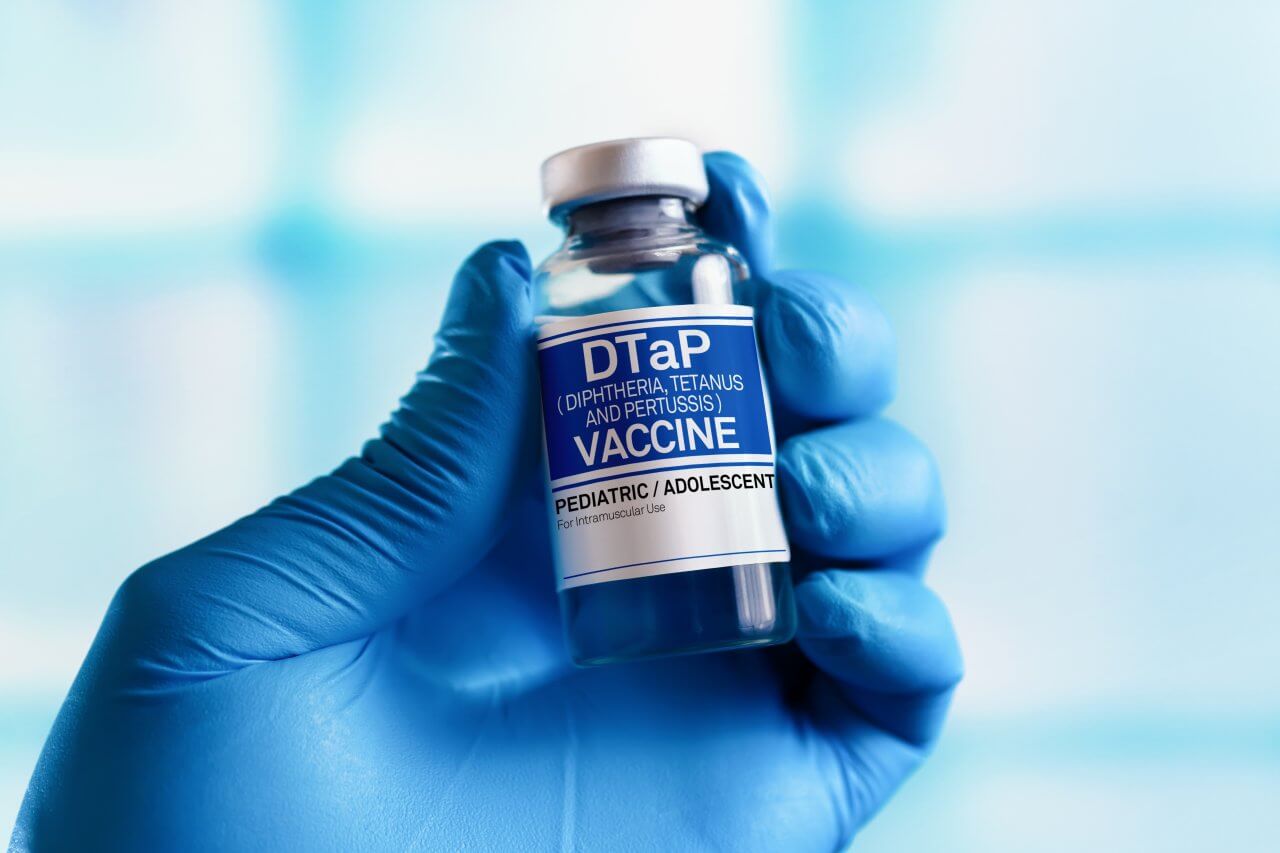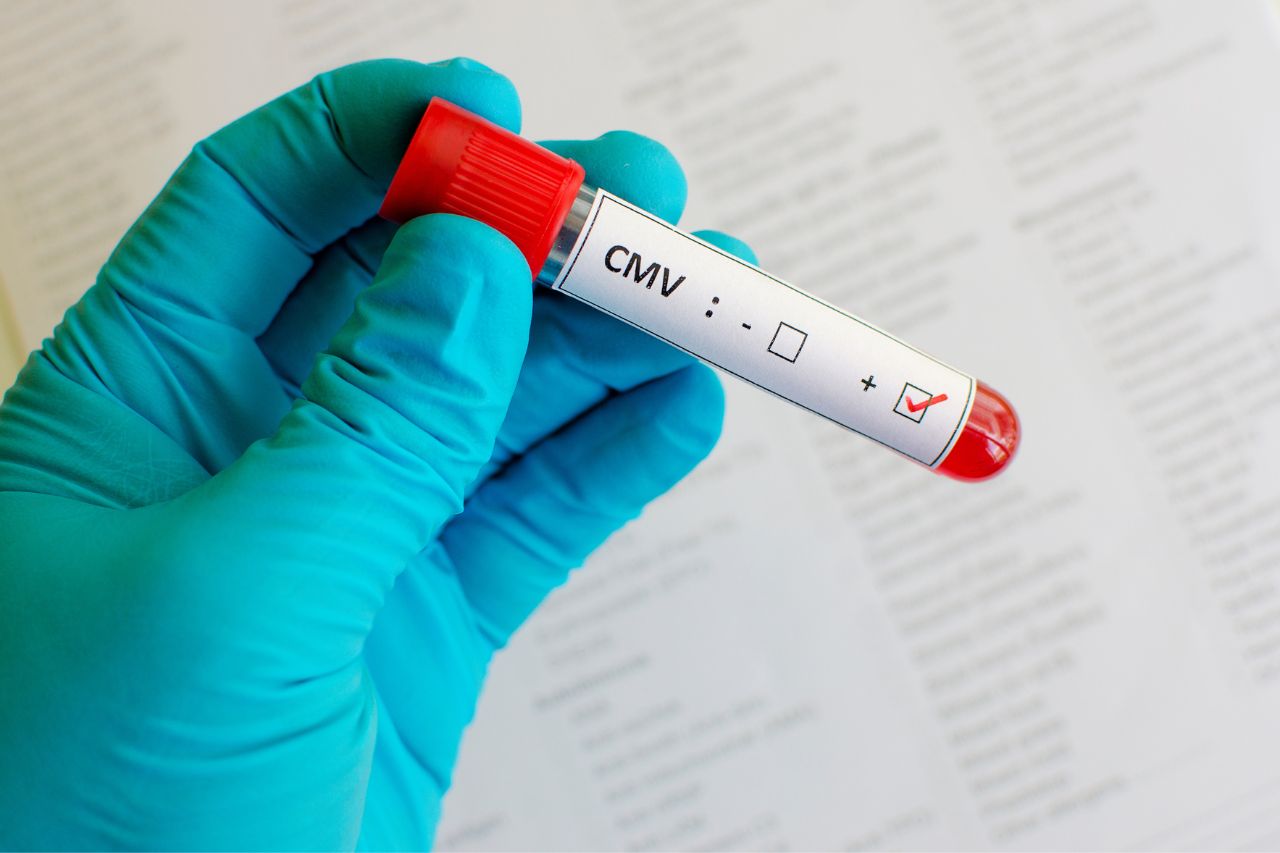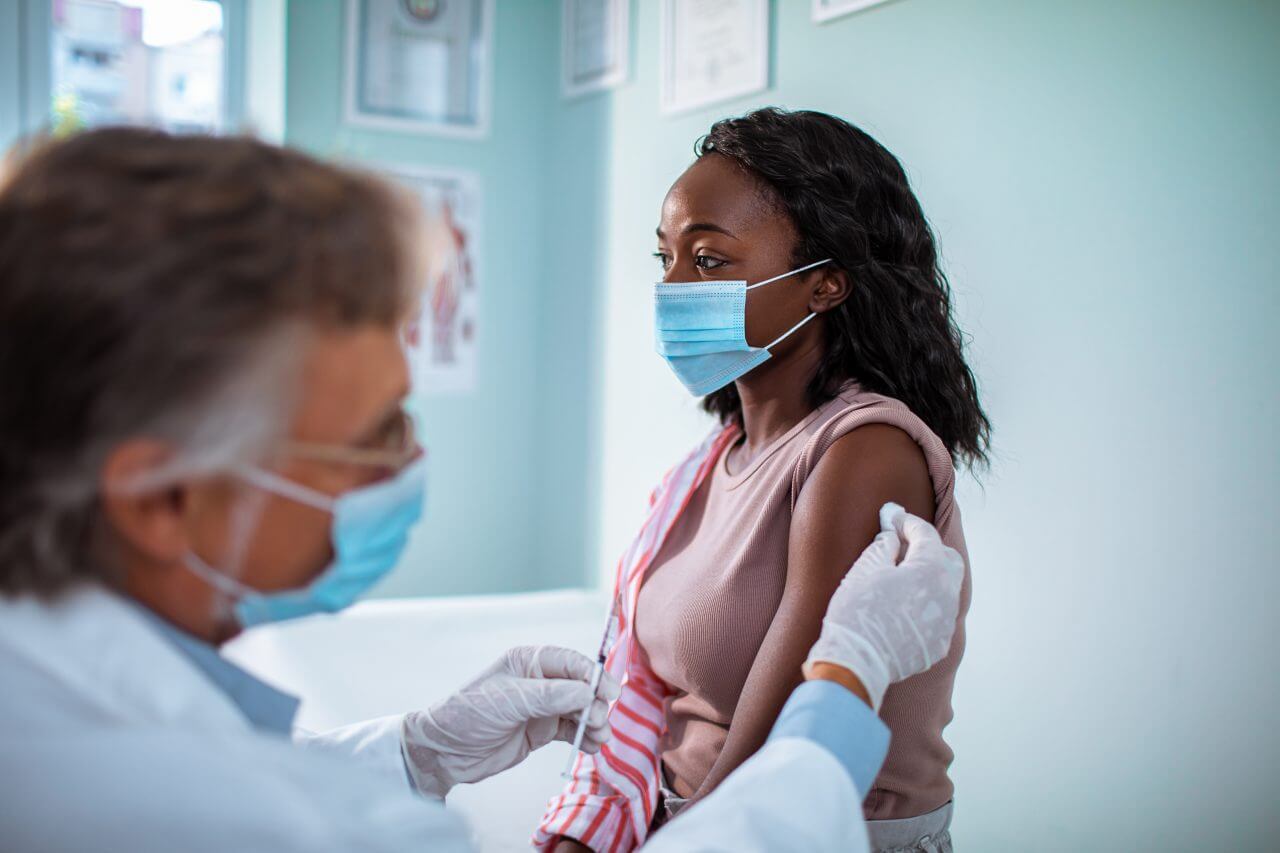What Vaccines Do I Need?

Each year in the U.S. thousands of adults get sick from diseases that can be prevented by vaccines. Those illnesses have a number of negative consequences including absence from work, lost time with family and friends, serious complications and hospitalizations.
The need for immunization doesn’t end when you become an adult. Getting the appropriate vaccinations based on your age, occupation, travel plans and other factors protects you from a wide range of illnesses. Just as importantly, by keeping you from becoming sick, it helps protect your family and friends, and your community in general.
Why Do I Need Vaccines as an Adult?
There are a number of reasons why adults who received all the recommended vaccinations as a child may need more immunizations as an adult. For example:
- Some vaccines received in childhood become less effective over time, so additional doses are needed.
- Adults who are more at risk for certain conditions like shingles need to be vaccinated.
- Things like changes in your occupation or your travel plans may require additional immunizations.
- Some illnesses like the flu are caused by viruses that change from year to year.
- New vaccines have been developed since some adults were vaccinated.
Common Vaccines Needed in Adulthood
Your doctor can talk with you about the specific vaccinations you need based on your particular situation. But, in general, adults need or should consider these immunizations:
- Seasonal influenza (flu) for all adults
- Shingles for adults who are 50 or older
- Tetanus and diphtheria every 10 years following the Tdap vaccine
- Pertussis (whooping cough) for all adults who have not received the Tdap vaccine and for women during each pregnancy
- Pneumococcal disease for adults 65 and older and adults under 65 who smoke or have other specific health conditions
Getting Vaccinated is Safe and Easy
Immunizations are a very effective way to protect your health. Vaccines have few side effects, and those that occur are usually mild and go away on their own. Serious side effects are very rare. When compared to the illness that a vaccine protects against, any brief discomfort is worth it.
Vaccines are covered by most health insurance plans. You can get details from your provider. There are many places that you can receive a vaccination, including your doctor’s office, your workplace, health departments, community health clinics and other locations.
Review Your Immunization History
If you are considering getting vaccinations as an adult, it is a good time to review your immunization history. You can get that information from your own health records, current and past doctors and some state health departments.
According to the Centers for Disease Control and Prevention (CDC), the vaccinations you should have received by the time you are 18, following a specific immunization schedule, are:
- Hepatitis B
- Rotavirus
- Diphtheria, tetanus, & acellular pertussis
- Haemophilus influenzae type b
- Pneumococcal conjugate
- Inactivated poliovirus
- Influenza
- Measles, mumps, rubella
- Varicella
- Hepatitis A
- Meningococcal
- Meningococcal B
- Human papillomavirus
- Pneumococcal polysaccharide
If you have missed any of these, your doctor can talk with you about how to proceed.
Getting vaccinated and staying current on your immunizations is an important part of maintaining your health and avoiding unnecessary illnesses.



